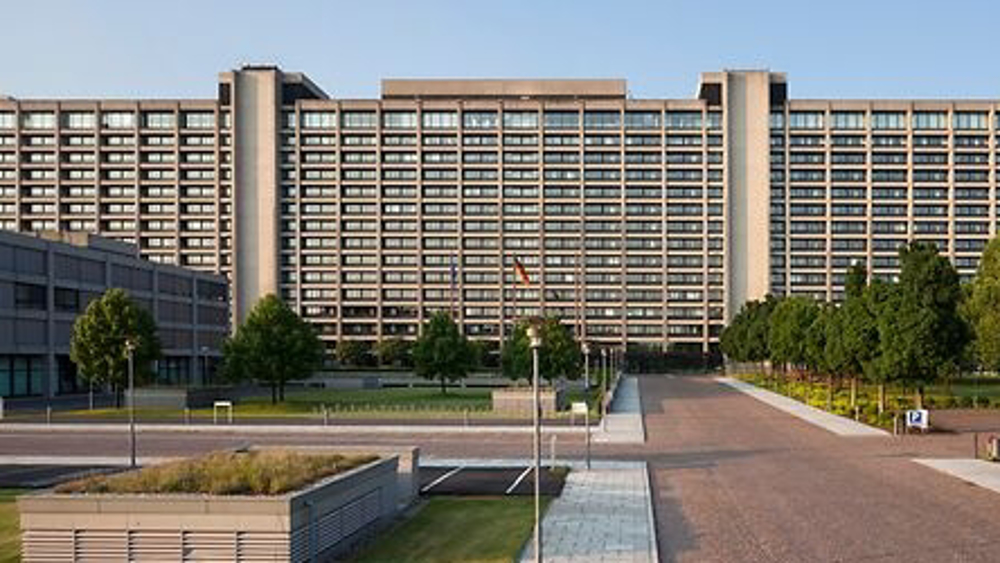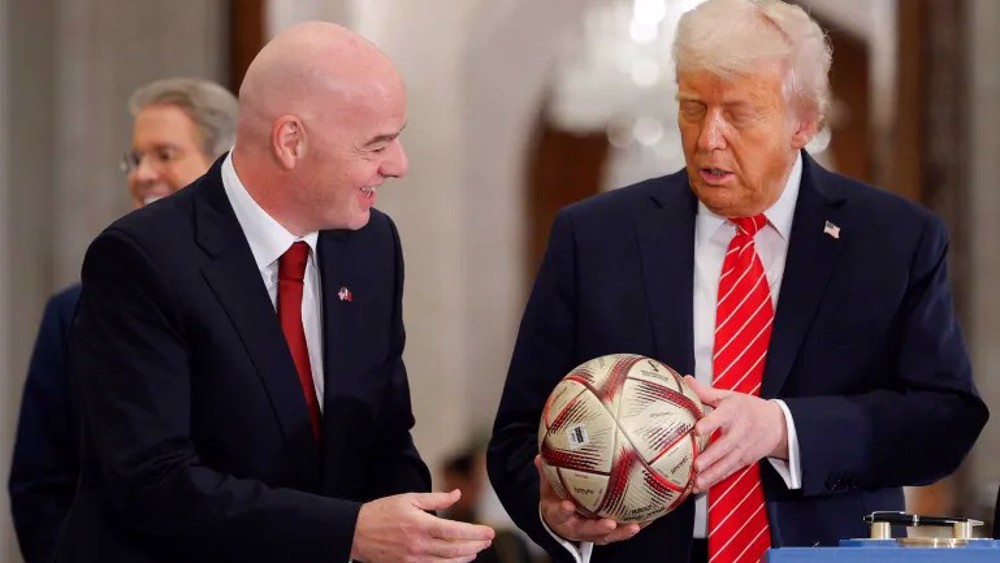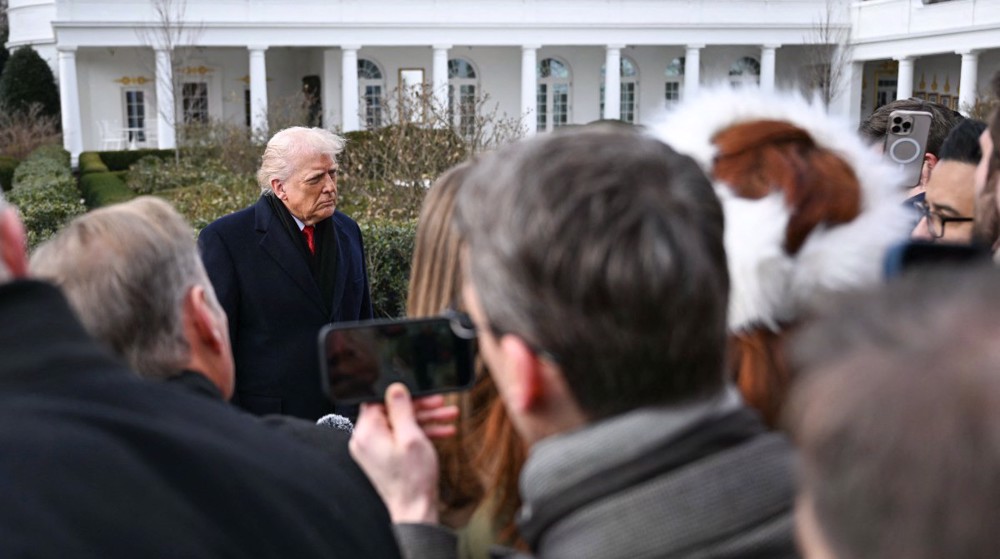Germany must increase military spending to counter threats: Merkel
Chancellor Angela Merkel says Germany must increase defense spending considerably from current levels to cope with “external threats,” stressing that Berlin cannot count on the US.
Speaking at an economics conference in Berlin late Tuesday, Merkel said the EU could not just rely on its transatlantic partnership with the United States.
“Sure enough this means that a country like Germany, which today spends around 1.2 percent of its gross domestic product (GDP) on defense, and the United States, which spends 3.4 percent of GDP for defense will have to converge,” Merkel said.
She further said that Germany could not expect others to bear the burden of defense in the long term.
Last month, German Defense Minister Ursula von der Leyen announced the country's first army expansion since the Cold War to counter what he called threats posed by Russia.
Under the plans, 7,000 new troops will be recruited initially, together with 4,400 civilian staff.
“A quarter century of shrinking is over. It is time for the Bundeswehr (German armed forces) to grow again,” he said at the time.
During the Cold War, the West German Bundeswehr was seen as the first line of defense against a Soviet invasion, and was described as “perhaps the world’s best army.”
Germany already has some of the largest armed forces in the world, with 178,000 active personnel, second only to France among EU members.
NATO expects member states to spend 2 percent of the GDP on defense. In the past years, German defense expenditure shrank to 1.2 percent from 1.4 percent of the GDP.
Merkel’s remarks come as the upcoming NATO summit in Warsaw in early July is set to put the “Russian threat” high on the agenda.

On Friday, Russian President Vladimir Putin once again criticized NATO’s eastward expansion, warning that there would be consequences if the Western military alliance continued its one-sided policy against Moscow.
The Russian president also noted that his country does not want a new Cold War with the West, stressing that Moscow’s policy is “aimed at cooperation and search for compromise.”
NATO has stepped up its military build-up near Russia’s borders since it suspended all ties with Moscow in April 2014 after the Black Sea Crimean Peninsula re-integrated into the Russian Federation following a referendum.
The United States and its European allies accuse Moscow of destabilizing Ukraine. Moscow, however, rejects having a hand in the crisis gripping the country.
Moscow has repeatedly repudiated NATO’s expansion near its borders, saying such a move poses a threat to both regional and international peace.
Iran FM: EU’s blacklisting of IRGC a ‘major strategic mistake’
VIDEO | Pakistan’s legal community condemns UNHRC anti-Iran resolution
Resistance groups announce volunteer recruitment to defend Iran
Indians rally to condemn Trump's threats against Ayatollah Khamenei
VIDEO | Iran will devastate Israel if it cuts loose
Sunni MPs condemn Trump’s insult, affirm support for Iran’s Leader
1,000 strategic drones officially join combat units of Iranian Army
VIDEO | Germany, not just merely an economic recession














 This makes it easy to access the Press TV website
This makes it easy to access the Press TV website